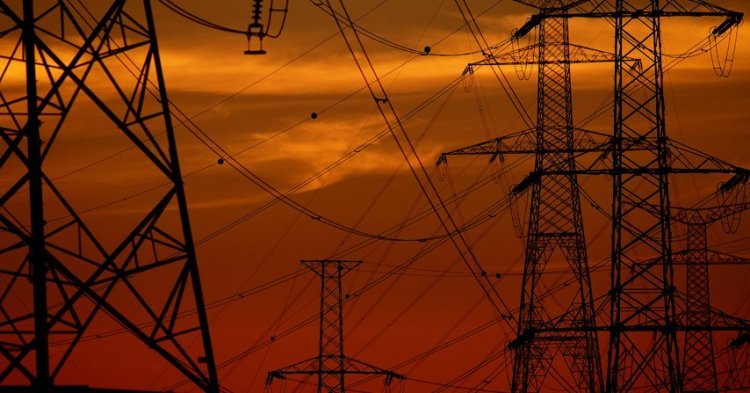The consequences of the Fukushima trauma
The tragedy of the Fukushima nuclear power plant in Japan launched worldwide debates about the risks inherent to nuclear energy and whether societies are willing to bear it. Germany and Italy already said no. Chancellor Angela Merkel presented a plan to turn off all nuclear power plants by 2022 whilst Prime Minister Silvio Berlusconi said earlier in June this year, “we shall probably have to say goodbye to nuclear [energy]”, after a referendum in which 90% of people voted against nuclear power. The problem however is that one third of Europe’s energy is nuclear-generated, so a Europe-wide phase out is not foreseeable in the short term. Furthermore, nuclear energy is cost-efficient, produces no greenhouse gas, and is a strong pillar of Europe’s energetic independence.
In fact, it appears that the question ‘with or without nuclear power?’ is the wrong one. Environmentally and humanly, it is clear that nuclear energy will have to be abandoned one day, as one major disruption condemns an enormous portion of a country to be a lifeless poisonous desert. This is Fukushima’s lesson, and very few people contest it. The real question then is, when can we abandon it? In other words: what are the alternatives? This relates directly to the composition of our energy resources. In Germany, nuclear power represents 23% of its energy, which makes a phase out within 10 years realistic. In France however it makes up 78%, from 58 home reactors. Nuclear dependence is much smaller in the United Kingdom (18%, from 18 home reactors), Italy (10%, mainly imported from France) and Spain (18%, from 6 home reactors). The problem is that these three countries have respectively 74,8%, 81% and 55% of their energy originated from non-renewable sources (coal and gas). Energy prices in France are 40% below EU average whilst in Italy they are 45% above (Source: World Nuclear Association).
Nuclear energy should be a transition solution, no more, no less
The nuclear debate is inherently linked to the EU’s transition strategy to a low-carbon economy (Europe 2020). For the moment, renewable energies are neither productive nor cost-efficient enough. Hence, a phase-out of nuclear energy can only be done realistically in the medium to long term with an appropriate investment strategy in renewable energies. Here, the diversification of energy portfolios, through the creation of a Single European market for Energy, can be a truly efficient solution. Given the discrepancies between national energy markets, in terms of energy resources and prices, enormous efficiency gains can be done by creating an EU-wide area where private competitors can freely produce and distribute energy across countries. This should allow optimising our energy production, distribution and consumption, and providing the right incentives to invest in renewable energies.
Indeed, if one country relies on one source of energy (Gas and Petrol from the North Sea for the UK, nuclear energy for France, etc.), it has no incentives whatsoever to invest in renewable energies to diversify its portfolio. However, connecting these countries together while fostering competition between private companies will stimulate these actors to find ever more efficient ways to produce energy (hence increasing overall efficiency of energy production) and invest in new technologies (solar, wind, geothermal). Nuclear energy should only be a transition between our current dependence on non renewable and our low-carbon future. The more we focus on accelerating this change, the earlier Europe will be able to fully phase out of nuclear power. Furthermore, if Europe is the first economy to find low-cost solutions to truly systematise renewable energy sources and become a low-carbon economy, the potential economic gains are colossal (e.g., by exporting these solutions).
The way out: let the Commission do its job
The EU made several attempts to break national monopolies, avoid too intrusive regulatory regimes and fixed prices. But until now, these efforts failed to produce major changes. Here, the problem is mainly political: member states are strongly reluctant to let the EU regulate nuclear energy, which they perceive as a crucial part of their sovereignty. The conflicts around EU nuclear stress tests in May this year show how sensible the issue is. The Commission should draw a realistic EU-wide nuclear phase out plan, within the horizon of 50 years, and throw it down the pipes of the EU decision-making process. Even if it were to be rejected, it would still trigger crucial debates, as important as those on the Euro, which ended up being a success praised by member states themselves. Nuclear energy will certainly be another milestone in European integration. EU institutions have to bear that in mind and act accordingly.

Follow the comments: |
|
